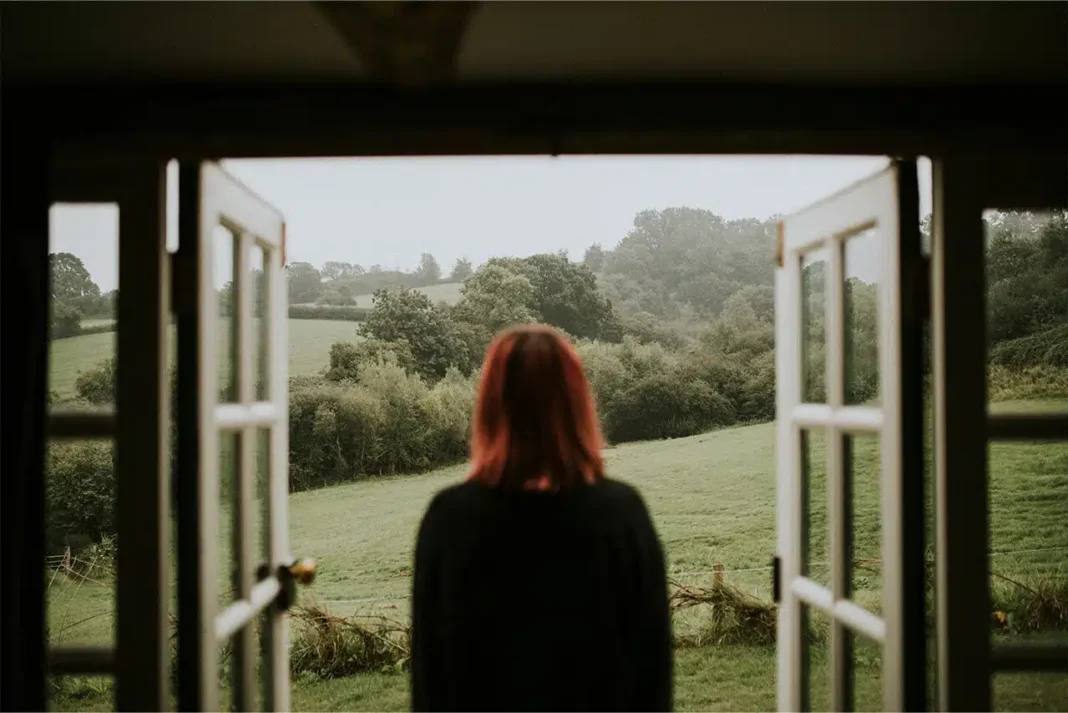Everyone has an opinion about us. Some see us as hardworking, others as lazy; some consider us compassionate, others cold. Some praise our beauty, others point out our flaws. A lover’s partner, a mother’s daughter, a father’s son, a member of society… From the very beginning, we are surrounded by definitions that are not truly ours.
Over time, we may start to believe these words are our reality. Just as we may mistake someone else’s dream for our own, we risk mistaking their labels for our truth. Yet what defines us is not what others say, but the answers we give in moments of choices.
The moment we open our eyes to the world, we are given a name. That name is rarely just a way of calling us; it carries expectations, traditions, and unspoken hopes. “Let him carry his grandfather’s name.” “Let her fulfill her mother’s unfinished dream.” “Let this name give her strength.” Thus, our name becomes not only ours but also a vessel for others’ desires. Before we even learn to walk, we are burdened with an invisible identity.
Inherited Expectations
Often, parents place their own unfulfilled dreams on their children’s shoulders. Abandoned studies, careers never pursued, freedoms never lived. “I couldn’t do it, so let my child.” These expectations may be well-intentioned, but they make it harder for us to find our own way. We end up living not our desires, but those of others, completing unfinished stories that were never ours to begin with. And yet, our true self does not emerge when we chase borrowed dreams. It reveals itself only when we draw our own path.
Life is shaped by choices that may seem small: helping someone or looking away, following the crowd or stepping aside. These moments reveal not just the outside world, but also the truth within us. And then society raises its chorus: “You must succeed.” “You must be kind.” “You must not be jealous.” These voices often drown out our quiet inner whisper. But one day, a decisive moment arrives, and the inner voice speaks: “This path is not yours.” Our true self reveals itself in that moment. Listening to it, or silencing it, becomes the most important choice, for it defines both our path in the world and our balance within.
We are given a name, roles are placed upon us. But the story written beneath that name is ours to create. Every choice is an opportunity to take the pen back into our hands. At some point, life turns to us and asks: “Who are you?” The answer lies not in the labels of others but in our own decisions. Growing up means no longer walking the roads chosen for us, but daring to chart our own.
Finding Your Own Path
To move beyond the roles placed upon us, we can begin by listening to our inner voice. Amid the noise of expectations, the most reliable guide is the quiet whisper within. Hearing it takes courage, because it often conflicts with what others demand.
We also need to question everything and ask: “Is this truly my desire, or someone else’s expectation?” The answer may unsettle us, but it often opens the door to freedom.
Starting small is enough. Even the smallest decisions can reshape who we are. Speaking up for ourselves, declining an invitation, or choosing our own rhythm can all redirect tomorrow.
We must also learn to say no. We don’t have to complete the unfinished stories of others. Saying, “This is not mine,” is the first step toward liberation. After all, our identity is shaped not only by what we accept, but also by what we reject.
And finally, we should not fear uncertainty. Choosing our own way means stepping into unknowns. Yet it is in uncertainty that new selves take root. Comfort zones feel safe, but real transformation begins beyond them.
A Daily Practice
Take a short pause. Find a quiet corner, place a sheet of paper and a pen before you. Take a deep breath, and let the tip of your pen touch the page.
Slowly write this question:
“Who am I without my name?”
Then wait. Do not rush for an answer. Watch the thoughts that rise. You don’t need to mention your job, your hobbies, your family, or where you were born. Your successes and failures, your titles, your possessions can be set aside. Do not describe your body, your beliefs, or your affiliations.
For a moment, put all of that away and simply listen inward. What feelings, what values, what desires remain? Today, your answer might be “courage.” Tomorrow, it might be “freedom” or “hope.” As your answers shift, you will realize: you are not a fixed label, but a story rewritten every single day.
And here is the essence of the journey: Life is not written with the names we are given, but with the choices we make.
As Jean-Paul Sartre reminds us: “Man is nothing else but what he makes of himself. We are our choices.”
To write our story is to fill the page with the pen we choose, not the one handed to us by others. For when we let others write for us, we may one day discover that even our own name no longer belongs to us.



